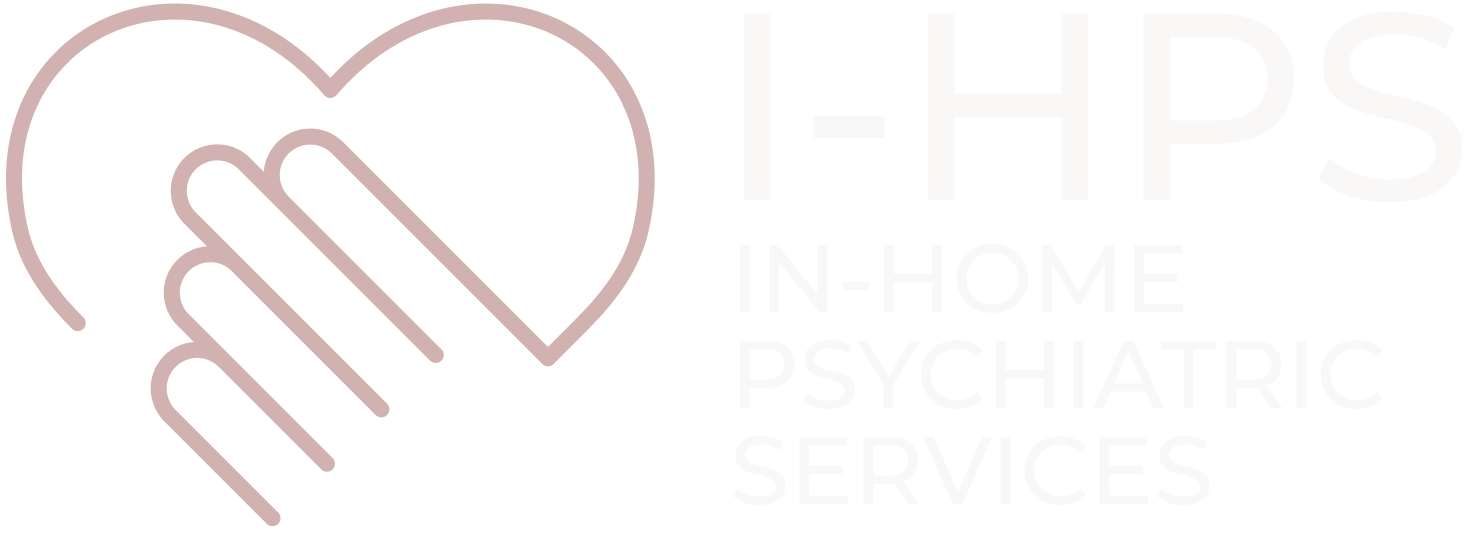Mental health care is an essential component of overall well-being, but for many people, seeking treatment can be fraught with challenges. One significant barrier to accessing mental health care is the cost, particularly for those without insurance. Despite the importance of mental health, stigma around seeking help remains prevalent, and many individuals hesitate to pursue treatment due to concerns about finances, confidentiality, and the social implications of seeing a therapist or psychiatrist.
In this article, we will discuss the benefits of seeking mental health treatment without insurance and break down some of the misconceptions surrounding self-pay options. We will explore how paying out-of-pocket for mental health services can offer greater flexibility, confidentiality, and control over care, and why this approach might be the best option for some individuals.
1. Overcoming the Stigma: Redefining Mental Health Treatment
For years, mental health treatment has been shrouded in stigma, often seen as a sign of weakness or something to be ashamed of. This stigma can be even more pronounced when individuals have to navigate the complexities of insurance. The idea of seeking therapy or psychiatric care, particularly without insurance, is often met with judgment, making it even more difficult for individuals to take the first step toward improving their mental health.
However, the truth is that seeking treatment, whether with insurance or without, is a powerful and brave decision. Taking control of one’s mental health is an act of self-care and empowerment. When individuals recognize that their mental well-being is just as important as their physical health, they begin to break free from the negative associations tied to mental health care. The first step in this process is understanding that self-pay treatment can be just as valuable—and sometimes even more beneficial—than insurance-covered care.
The mental health community is actively working to reduce stigma, and individuals who choose to pay out-of-pocket for care are leading the charge. By recognizing the value of self-investment in mental health, people are reclaiming their right to wellness, regardless of whether they have insurance coverage.
2. More Control Over Treatment: Flexibility and Personalization
One of the most significant benefits of seeking mental health treatment without insurance is the increased control it offers over your care. Insurance companies often have strict protocols and guidelines for what services they will cover, and these restrictions may not always align with the individual’s unique needs or preferences.
When you choose to pay out-of-pocket for mental health services, you have more flexibility to choose your provider and treatment approach. You are not bound by the limitations of insurance networks, waiting lists, or the constraints of certain treatment plans that may not resonate with you. Instead, you can find a therapist or psychiatrist who matches your personality, expertise, and treatment style. This level of autonomy can make a significant difference in the effectiveness of your mental health care.
Moreover, without the involvement of insurance companies, your treatment plan can be more tailored to your specific needs. For example, you can opt for longer sessions, more frequent visits, or alternative therapeutic techniques that may not be covered by insurance. Whether you’re interested in exploring holistic therapies, specialized modalities like EMDR (Eye Movement Desensitization and Reprocessing) for trauma, or innovative treatments like genetic testing for psychiatric conditions, self-pay treatment allows for more freedom in how your care is designed.
Additionally, individuals who seek treatment outside of the insurance system are often able to build a more collaborative and trusting relationship with their provider. They don’t need to worry about insurance companies interfering with their care, and can focus entirely on their therapeutic goals.
3. Confidentiality and Privacy: Avoiding the Risks of Insurance Records
One of the most common concerns about using insurance for mental health treatment is the potential for compromising privacy. When individuals use their insurance to pay for therapy or psychiatric services, a detailed record of the treatment is often created and shared with the insurance provider. This can lead to concerns about confidentiality, as the insurance company may have access to sensitive information about a person’s mental health.
For some individuals, the thought of their mental health information being included in their medical record—accessible by a wide range of people or organizations—is a deterrent to seeking care. This is especially true for those who are concerned about the potential consequences of having mental health diagnoses on their records, such as higher insurance premiums, job discrimination, or social stigma.
Choosing to pay for mental health services out-of-pocket provides greater confidentiality. Self-pay patients are not required to share their treatment information with insurance companies, ensuring that their mental health records remain private. This level of privacy can provide peace of mind and create a more comfortable space for individuals to seek help without fear of judgment or exposure.
Moreover, paying for care privately also ensures that patients retain full control over their treatment decisions and the information they share. This can be empowering for individuals who want to maintain control over their mental health journey without external interference.
4. Access to Immediate Care: No Long Waits or Referrals
For many people with insurance, accessing mental health services can be a lengthy and frustrating process. Insurance plans often require individuals to go through a series of steps before they can receive care. This might include getting a referral from a primary care physician, navigating waiting lists, and waiting for insurance approvals.
This process can create unnecessary delays, particularly when individuals are in immediate need of help. By the time a person navigates the insurance maze and receives approval for treatment, they may have already faced weeks or even months of struggling with their mental health.
When you pay out-of-pocket for mental health treatment, you can bypass these lengthy processes. Many self-pay practices offer flexible scheduling, allowing patients to book an appointment as soon as they are ready. In many cases, you can access care without waiting for approval or referral, which can make a significant difference for those who need immediate support. This swift access to care can prevent mental health issues from escalating and improve outcomes by addressing problems early on.
5. Affordability and No Limits on Care
While paying for mental health care without insurance may seem costly upfront, there are often more affordable options than people realize. Many private practices offer sliding-scale fees based on income, making it easier for individuals to access quality care without breaking the bank. Additionally, paying out-of-pocket allows for more flexibility in the types of services provided, including shorter or longer sessions, frequency of visits, and more frequent check-ins—all based on the individual’s needs.
One of the key advantages of paying for treatment without insurance is the absence of restrictions on the number of sessions or treatment modalities. Insurance plans often have limits on the number of therapy sessions covered or only provide partial reimbursement for services. In contrast, individuals paying out-of-pocket are free to continue treatment for as long as necessary, without worrying about reaching a coverage cap or being cut off prematurely.
For those struggling with more complex or long-term mental health conditions, such as chronic anxiety, PTSD, or depression, this can be particularly important. Patients are able to access consistent care without the constraints of insurance company policies, ensuring that their needs are met over time.
6. No Insurance Limitations: The Freedom to Choose
Another significant benefit of self-pay mental health treatment is the freedom to choose the provider, treatment style, and care plan that best suits you. Many people have had negative experiences with insurance companies restricting their access to specific providers or treatment methods. With self-pay, you can choose from a wide range of therapists, counselors, and psychiatrists without being limited by insurance networks or coverage requirements.
Additionally, self-pay options allow patients to explore a wide variety of treatments, including alternative therapies, experimental treatments, or specialized programs that may not be covered by insurance. This flexibility is especially important for individuals seeking out cutting-edge treatments or those who have not found relief with traditional therapies covered by insurance.
Conclusion: Taking Charge of Your Mental Health
Seeking mental health treatment without insurance is a powerful choice that offers a range of benefits, including increased flexibility, greater confidentiality, quicker access to care, and more personalized treatment. It also allows individuals to take charge of their mental health journey without being limited by insurance policies or societal stigma.
Breaking the stigma surrounding mental health and recognizing that seeking help is a form of self-care is essential. For many people, paying for mental health treatment out-of-pocket is the best option for obtaining the care they need when they need it most. At In-Home Psychiatric Services (I-HPS), we believe in providing accessible and compassionate care to individuals without the barriers that insurance can sometimes impose. Whether you are seeking therapy for anxiety, depression, or any other mental health concern, we are here to support you in your journey toward wellness.
If you’re ready to invest in your mental well-being and take control of your care, don’t hesitate to contact us and learn more about the benefits of self-pay mental health services. You deserve the care and attention needed to improve your mental health—without the constraints of insurance.

